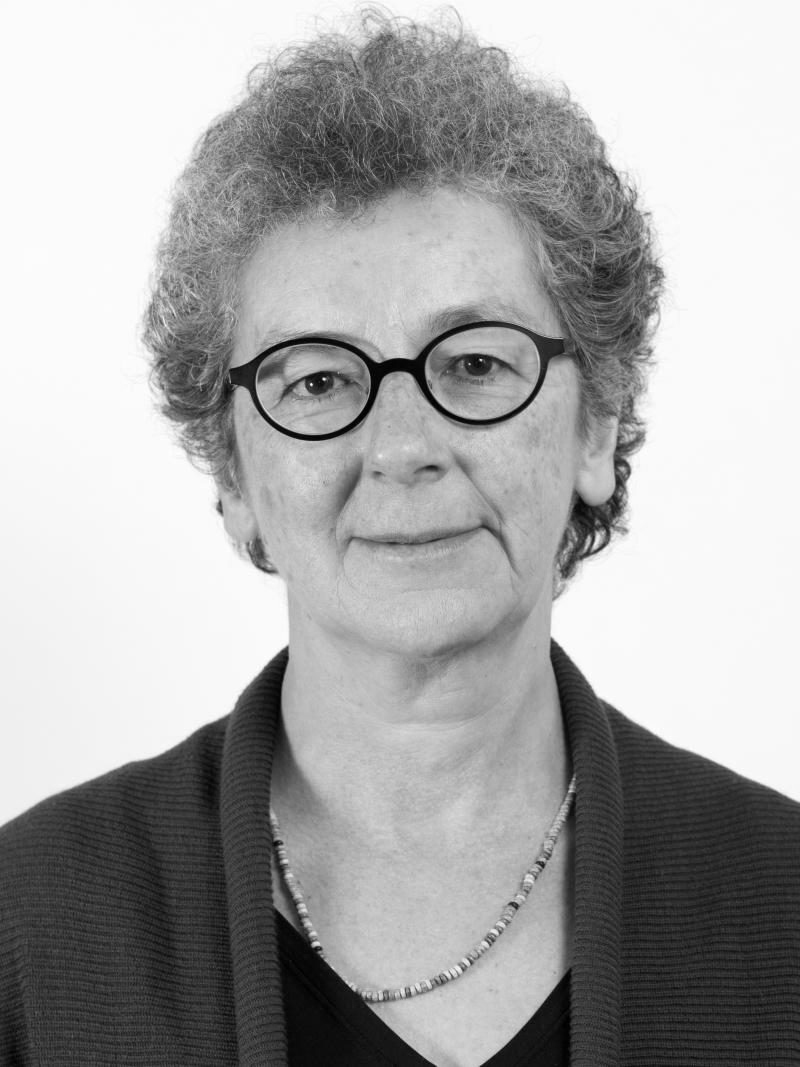Mariana Valverde
Mariana Valverde is a Professor at the Centre for Criminology & Sociolegal Studies. Her fields of study are the legal regulation of sexuality, sociolegal theory, historical sociology, and urban governance and law. Her first book was Sex, power, and pleasure (1985). Subsequent sole-authored books are: The age of light, soap, and water: moral reform in English Canada 1880s-1920s (1991 [2009]); Diseases of the will: alcohol and the dilemmas of freedom (Cambridge, 1998), co-winner of the Law and Society Association’s main book prize; Law’s dream of a common knowledge (Princeton, 2003); Law and order: signs, meanings, myths (Routledge, 2006); and Everyday law on the street: city governance in an age of diversity (University of Chicago, 2012), which won a major book prize; Chronotopes of law: jurisdiction, scale, and governance (London, Routledge, 2015) and Michel Foucault (Routledge 2017), which is an introduction to Foucault’s work for criminology and legal studies students.
Elected Fellow of the Royal Society of Canada in 2006, she has coedited four anthologies and published over 45 articles, mostly sole-authored, in journals ranging from Law and Society Review to Victorian Studies. She has been a distinguished visitor in a wide range of institutions including the University of Sydney law school, the Ecole des Hautes Etudes en Sciences Sociales, and the Australian National University. In 2016 she received the Kalven prize of the Law and Society Association, for her longstanding contribution to empirical socio-legal scholarship. Mariana has also served the international socio-legal community in various capacities including two terms as trustee of the Law and Society Association, one term as president of the Canadian Law and Society Association and six years as chief editor of the association’s journal.
In addition to scholarly publishing, Mariana also writes for magazines, newspapers, and online forums, mostly on public-private infrastructure partnerships but occasionally on other topics; she has recently published in The Conversation (Canadian version) and in Spacing magazine.
Mariana is included in Key thinkers on cities (SAGE Publications Ltd., 2017), which profiles a wide range of urban scholars who have shaped and are shaping the study of cities.
Current Research
(a) public-private infrastructure partnerships, especially in Ontario, including the Toronto Sidewalk Labs proposed ‘smart city’ project;
(b) longer-term historical research on how, during the ‘century of the suburb’ (1870-1970) public and private authorities worked to shore up the lines dividing ‘good’ from ‘bad’ neighbourhoods — moral-economic-racial lines imagined as stable by planners and others, but which were in fact regularly undermined by economic changes and profit-seeking activities.
Courses Taught
- CRI 1050H Theories of Crime and Social Order
- CRI300H1F Theories of Crim Justice
- CRI387H1S Legal Regulation
- WDW487H1S Law, Space & Regulation
Publications
- Valverde, Mariana (2022). Infrastructure: New Trajectories in Law. Routledge.
- Mariana Valverde and Alexandra Flynn (2020), eds., Smart Cities in Canada: Digital Dreams, Corporate Designs. Lorimer: Toronto.
- Valverde, Mariana. (2016). A tale of two – or three – cities: community consultations and commercial gentrification. In Subdivided: city building in an age of hyper-diversity, Jay Pitter and John Lorinc (Eds). Coach House Press: Toronto.
- Valverde, Mariana (2018).
 Urban cowboy e-capitalism meets dysfunctional municipal policy-making: What the Uber story tells us about Canadian local governance In Derek McKee, Finn Makela, and Teresa Scassa, eds. Law and the “Sharing Economy”: Regulating Online Market Platforms (Ottawa: University of Ottawa Press).
Urban cowboy e-capitalism meets dysfunctional municipal policy-making: What the Uber story tells us about Canadian local governance In Derek McKee, Finn Makela, and Teresa Scassa, eds. Law and the “Sharing Economy”: Regulating Online Market Platforms (Ottawa: University of Ottawa Press).
People Type:
Roles:
- Theory
- Law & Society
- Sociology of law
- Sexuality
- Urban issues
- Social and legal theory



